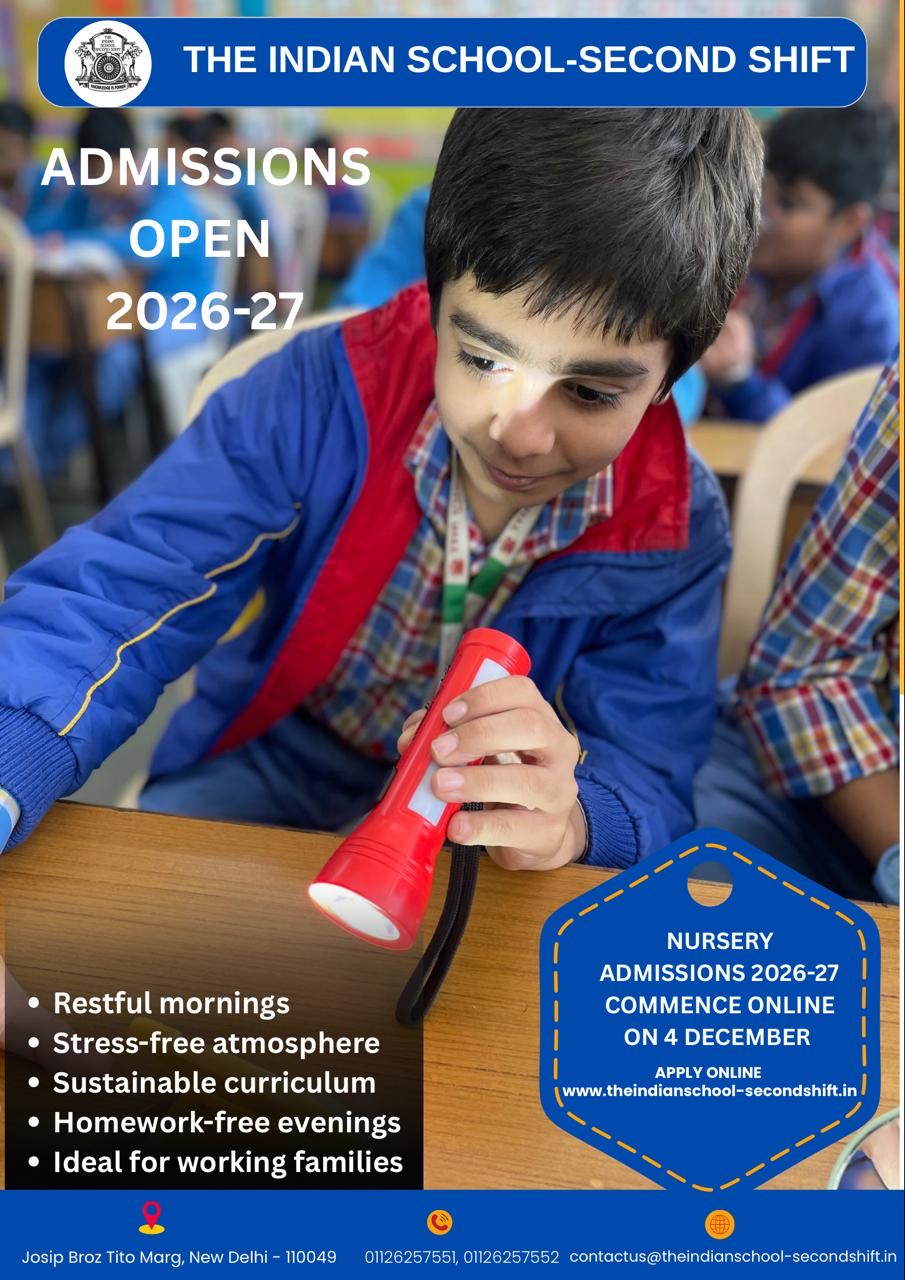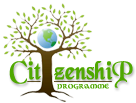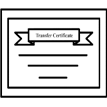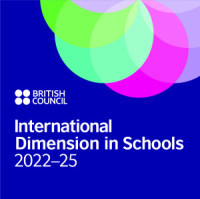CBSE teacher workshop on Life Skills
Life skills have been defined as “the abilities for adaptive and positive behaviour that enable individuals to deal effectively with the demands and challenges of everyday life” (WHO).
A CBSE Capacity Building Programme on 'Life Skills’ was organised at The Indian School-Second Shift on 26th May, 2022 from 9 pm to 4 pm in the Foundation Hall.
Ms. Neera Kohli, innovative and forward thinking educator and administrator and CBSE resource person for Political Science and Social Science, conducted the programme. It was an enlightening session for the teachers on the infusion of life skills in the teaching-learning process and the significance of inculcating these skills. Life skills primarily aim at the physical, mental and emotional well being of an individual.
The interactive session commenced with the discussion on the three broad categories of life skills, namely Thinking skills ( like self awareness, problem solving, decision making, critical thinking and creative thinking) , Social skills (like interpersonal relationships, effective communication and empathy), and Emotional skills (like managing emotions and coping with stress). Along with an informative presentation, there were fun activities for teachers to demonstrate life skills, and why and how to infuse them in education.
The first activity was ' Which fruit I am and why’ , where each teacher had to associate with a fruit and name one quality of that fruit that they most relate to. Then, teachers were divided into six groups and each group had to innovate a group logo. One group chose the rainbow, whereas one chose a bridge as their logo and likewise each group made a logo for themselves.
-344-9.jpg)
-623-2.jpg)
-871-6.jpg)
Ms. Kohli emphasised on the need for humanistic education and shared her own experiences to exemplify the same. Milestones of a child’s development and the domains of development were another major area that was covered. The importance of adjustment and adaptation, both for the teacher and the learner, was discussed. All the teachers participated in a Need Analysis Questionnaire. Also, each teacher had to write down on a colourful piece of paper, one quality that no one knew about him or her which was a fun way to introduce self awareness.
Further, the requirement of a growth mindset, rather than a fixed mind set, in achieving holistic development was discussed. An elaborate explanation of the role of a teacher in life skills education and the characteristics of a classroom environment supportive of life skills education helped the teachers broaden their horizon and improve their knowledge of the topic. The activities continued as the teachers made an empathy jar in which they dropped phrases and words that resonate with empathy. It was followed by a story reading session, through which each group of teachers had to explain the learning objectives and outcomes, and carry out life skills training using the same. Some chose poetry whereas some dramatised their content and presented the same.
Hand exercises and mindfulness energised the teachers post lunch. A tree of life skills was made where every leaf depicted a life skill and associated activities for pupils that can be conducted in class. Journal writing and innovative slogan writing were the activities that concluded the programme.
The resource person suggested books and videos too for enhancing life skills teaching. The programme successfully inculcated in the teachers the perspective of giving students a humanistic system of education, where they not only study the subject matter, but also grow into emotionally balanced and empathetic individuals with strong creative as well as critical thinking, a problem-solving attitude, effective communication and decision-making skills.




-344-9.jpg)
-623-2.jpg)
-871-6.jpg)






